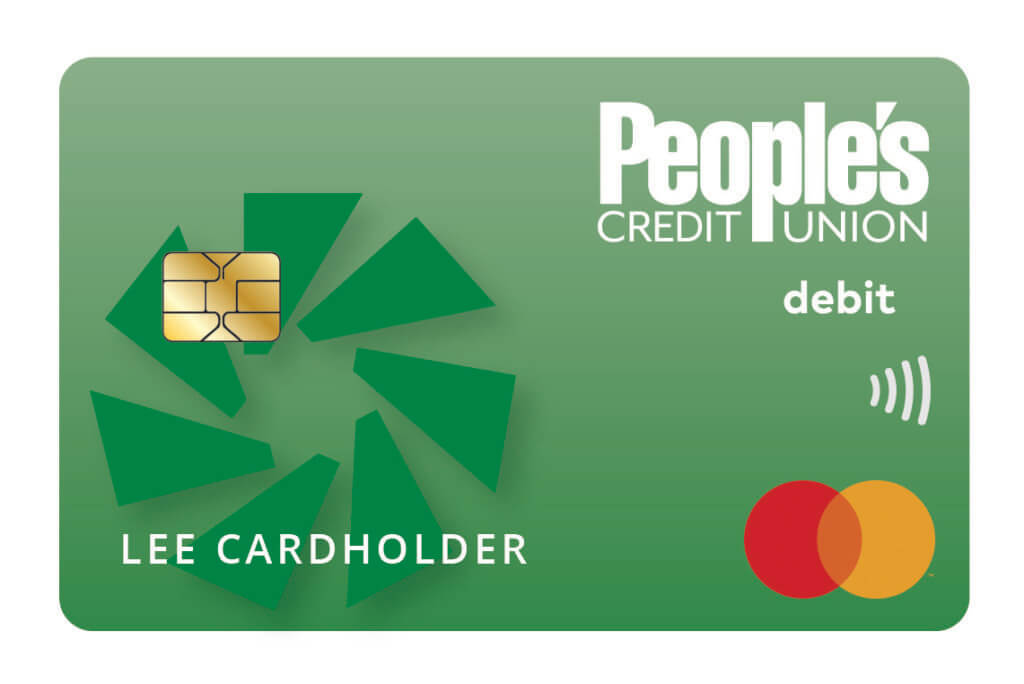| Never disclose your Social Security Number. If you receive an unsolicited call claiming to be from a merchant, do not provide them any personal information and tell the caller that you will call the merchant’s main customer service line. You should not call a number provided by the caller. If you suspect your debit card information has been compromised, you can turn off your debit card through “Card Controls” on the “PCU myMobile” app or “Manage my ATM/Debit Card” in online banking. If you receive an unsolicited call claiming to be from a merchant, do not provide them any personal information and tell the caller that you will call the merchant’s main customer service line. Members should not call a number provided by the caller. You may occasionally receive email, text, and phone notifications from our fraud monitoring service if a suspicious transaction is attempted. These notifications will not ask for your card number but will ask you to verify the legitimacy of the suspicious transaction. Contact us before traveling. Whether you’re heading out for business or taking a family trip to Disney World – give us a call. When you use your debit card outside of your “normal spending area” your card could be flagged for “Fraud”. Do not click on links from unexpected texts or emails, particularly those claiming that the recipient is eligible to claim a prize. If a link is clicked, do not input any debit card information or login credentials for any online accounts. If you receive an email from a merchant indicating there will be a charge to your account, look for misspellings and grammatical errors in the email. If the email does not include information on how the merchant will be initiating the transaction (e.g. last four of account number or debit card number), it is likely a phishing scam. Call the merchant at the number listed on their official website to confirm, rather than any phone number or email address from the email. Imposter Scams Imposter scams are also a common tactic for fraud. Here are a few common scenarios to look out for and what you can do to help avoid them: Family Imposters”I received a message from a ‘family member’ asking for money…” Scammers may hack social media accounts to impersonate a relative in need. Before sending any money, always call your relative to confirm their actual situation. Financial Imposters”Someone from People’s Credit Union, who already knew some of my personal information, asked for my password…” People’s Credit Union will never ask you for your password information. If someone calls and asks you for your information, please call our Member Service Center at 800.498.8930. Never share your passwords or your PIN with anyone who calls you unexpectedly. Refund Imposters” I received a call from an online company about a ‘refund’ for something I don’t remember purchasing…” Scammers often impersonate well-known retail and tech support companies to gain access to your personal device or bank account. Never give control of your device to a stranger. Never send money to anyone claiming to be from companies asking for payment or offering a refund for something you didn’t order. If you have additional questions or concerns, please call our Member Service Center at 800.498.8930. |
| Compare Cards |  People's CU Savings Secured | Local Bank One | Local Credit Union | Local Credit Union Two | National Bank One |
|---|---|---|---|---|---|
| Promotional APR for Purchases and Balance Transfers | 0.00% | 0.00% | 0.00% | 0.00% | 0.00% |
| Lowest APR for Purchases | 8.50% | 29.24% | 29.24% | 20.15% | 29.24% |
| Lowest APR for Balance Transfers | 8.50% | 29.24% | 29.24% | 20.15% | 29.24% |
| Annual Fee | None | $25.00 | None | $99.00 | $12.00 |
| Apply Today |
Annual Percentage Rate (APR) are lowest and subject to change without notice. The advertised APR based on a credit score of 700 or higher. Other rates are available based on creditworthiness. APR (Annual Percentage Rate) for purchases, balance transfers, and cash advances- A fixed introductory rate of 0.00% will apply through your account's first twelve billing cycles. After that, your variable APR will be 8.50% (as of 5.30.24). This APR will vary with the market based on Wall Street Prime & creditworthiness.